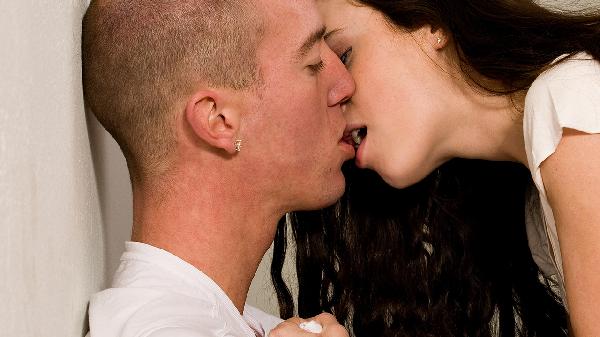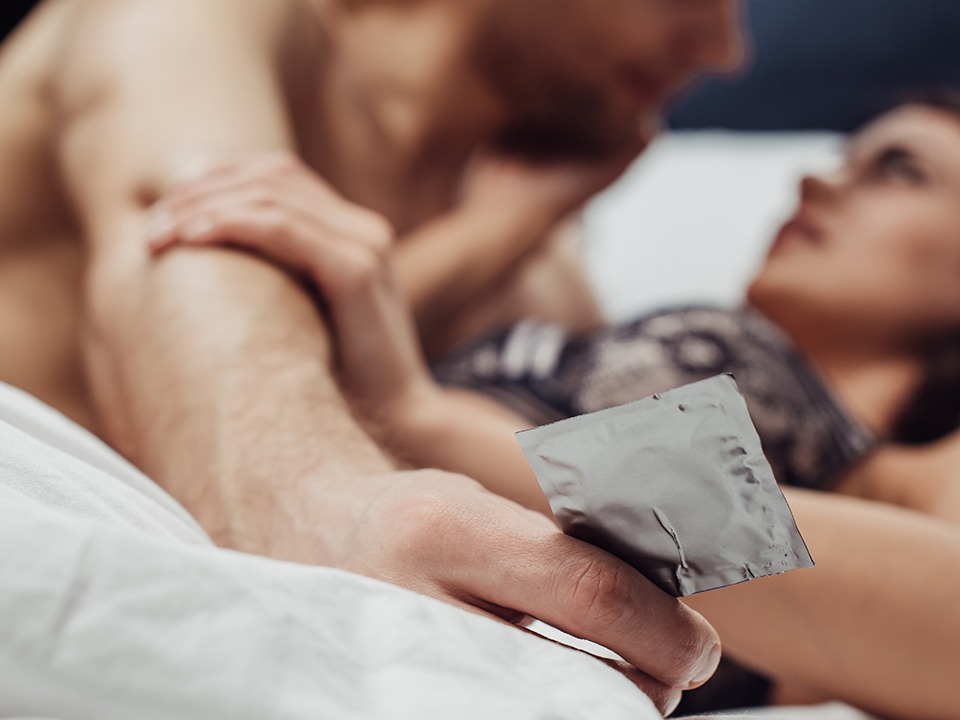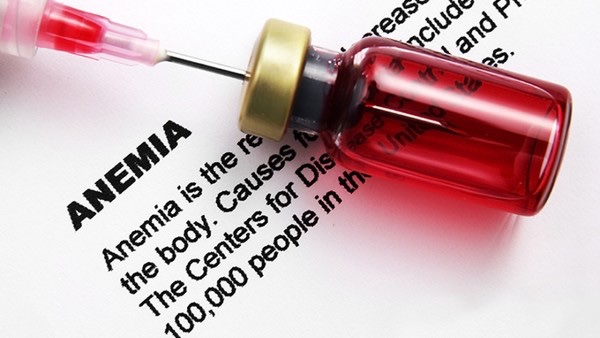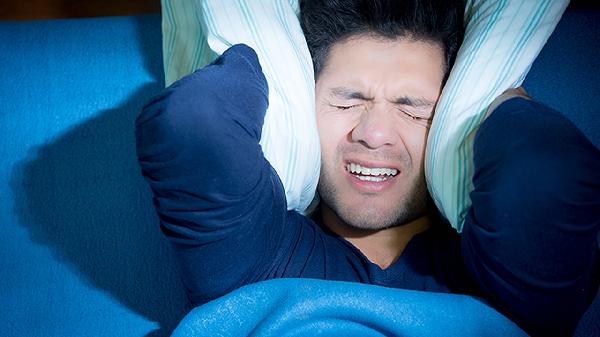The impact of medications on female libido has long been a topic of concern for many women. A 34-year-old woman recently sought advice, expressing her struggle with a persistent lack of sexual desire over the past two years. She wondered if her frequent use of certain eye drops could be the culprit. This raises an important question: Can something as seemingly unrelated as eye drops influence a woman’s sexual health?

Understanding Female Sexual Dysfunction
Female sexual dysfunction, often referred to as hypoactive sexual desire disorder (HSDD) or sexual apathy, is characterized by a persistent lack of interest in sexual activity, difficulty achieving arousal, or an inability to reach orgasm. Studies suggest that this condition is surprisingly common, affecting approximately one in three women at some point in their lives. The causes of low libido in women are multifaceted, ranging from psychological factors like stress and anxiety to physical issues such as hormonal imbalances, chronic illnesses, or the side effects of medications. While eye drops are typically not considered a direct cause of sexual dysfunction, their indirect effects on overall health and well-being cannot be entirely dismissed.
The Role of Medications in Sexual Health
Medications, including prescription drugs and over-the-counter remedies, can sometimes interfere with sexual desire and function. For instance, antidepressants, hormonal contraceptives, and blood pressure medications are known to have potential side effects that impact libido. However, eye drops—particularly those containing antibiotics or antihistamines—are generally not associated with sexual dysfunction. That said, the underlying conditions that necessitate the use of eye drops, such as chronic eye infections or allergies, could indirectly contribute to sexual issues. Poor sleep quality, discomfort, or emotional distress caused by these conditions might reduce a woman’s interest in intimacy.
Addressing the Root Cause of Low Libido
For women experiencing a decline in sexual desire, identifying the root cause is crucial. If eye drops or other medications are suspected to play a role, consulting a healthcare professional is essential. A doctor can help determine whether the medication is directly affecting libido or if other factors, such as stress, relationship dynamics, or hormonal changes, are at play. In some cases, discontinuing or switching medications may alleviate symptoms, but this should only be done under medical supervision.
Improving Sexual Health and Well-Being
Sexual health is an integral part of overall well-being, and addressing issues like low libido can significantly enhance quality of life. For women struggling with sexual dysfunction, a holistic approach is often the most effective. This may include:
The Importance of Partner Support
When a woman experiences low libido, the support and understanding of her partner can make a significant difference. A compassionate and patient approach can help alleviate feelings of guilt or inadequacy, creating a more positive environment for addressing the issue together. Couples who work collaboratively to identify and resolve the root causes of sexual dysfunction often find that their relationship grows stronger in the process.
A Balanced Perspective on Medications and Libido
While eye drops are unlikely to be the primary cause of low libido, they may contribute indirectly by affecting sleep, mood, or overall health. Women experiencing persistent sexual dysfunction should consider a comprehensive evaluation of their physical, emotional, and relational well-being. By addressing the underlying factors and seeking appropriate support, it is possible to restore sexual desire and enhance overall quality of life. Remember, sexual health is a vital aspect of self-care, and taking proactive steps to address concerns is a powerful way to prioritize your well-being.
























